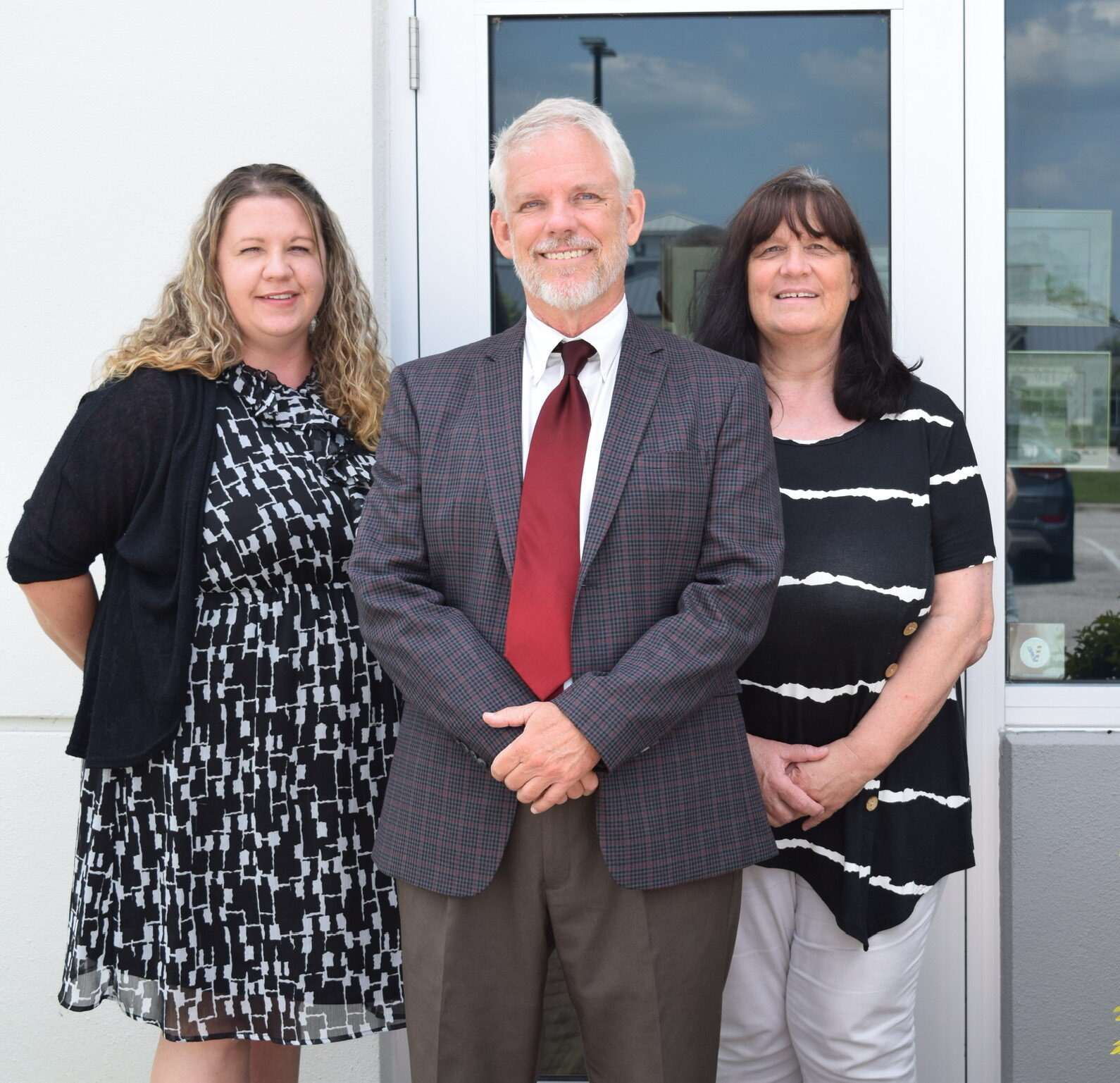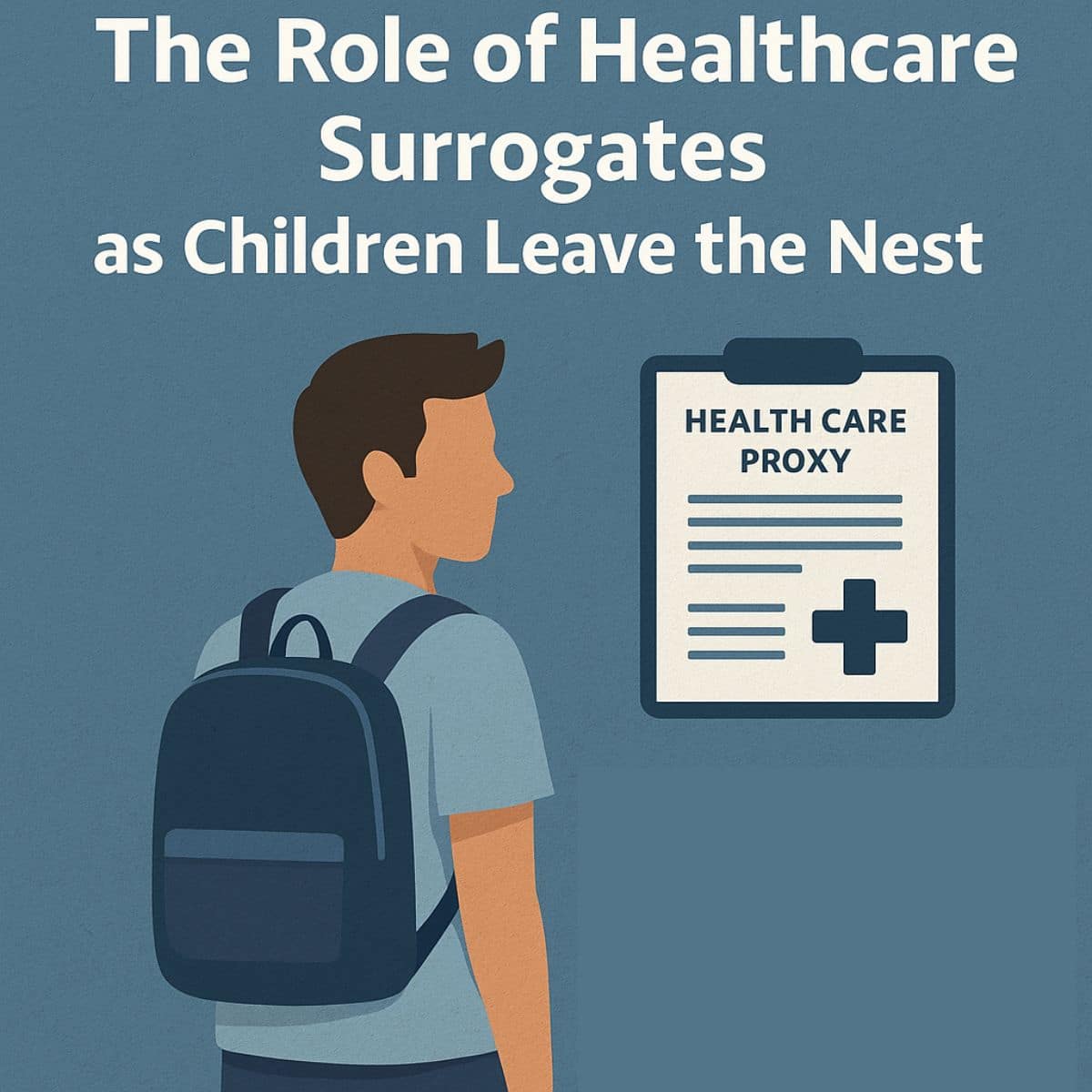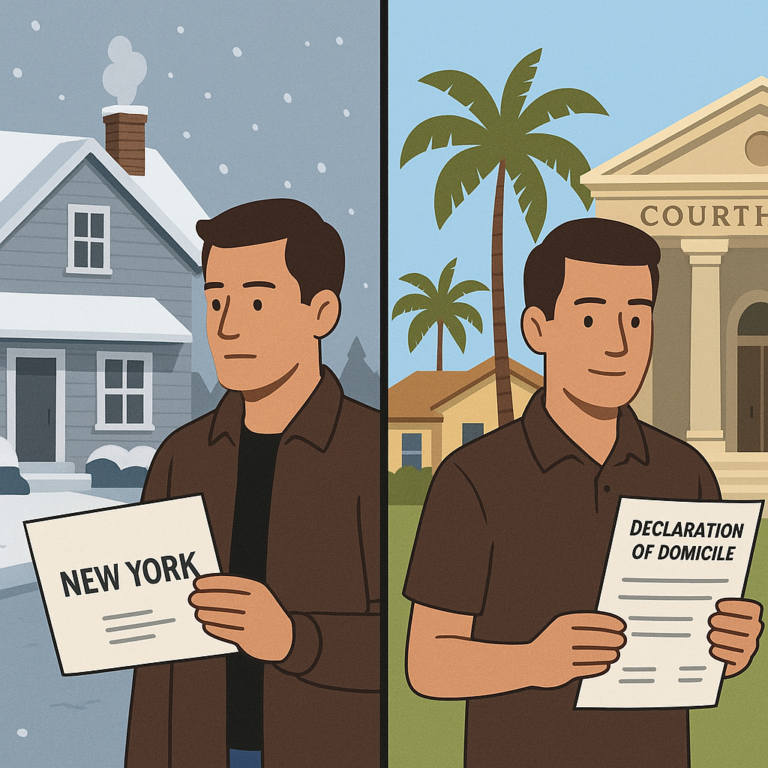The Role of Healthcare Surrogates as Children Leave the Nest
Estate Planning Lawyer near Lakewood Ranch
As children transition into adulthood and head off to college or begin their independent lives, one legal issue often overlooked is healthcare decision-making. Many parents are surprised to learn they no longer have automatic authority to make medical decisions once their child turns 18, even in emergencies.
This article explains why medical decision-making documents, such as healthcare surrogate designations and HIPAA authorizations, are essential planning tools for families with adult children.
Why Medical Authority Ends at Age 18
Under Florida law and federal law through the Health Insurance Portability and Accountability Act (HIPAA), once a child reaches age 18, they are legally an adult. That means:
- Parents can no longer access their child’s medical records without written permission.
- Parents have no automatic right to make medical decisions on their child’s behalf in case of illness or incapacity.
In an emergency, this legal gap can delay care or create confusion among healthcare providers. A properly executed healthcare surrogate designation helps avoid these issues.
What Is a Healthcare Surrogate?
A healthcare surrogate is a person legally appointed to make medical decisions for someone who is unable to do so. Florida law allows adults to choose their surrogate using a written document that meets statutory requirements under Florida Statutes Chapter 765.
For college students or young adults, naming a trusted parent or guardian as their healthcare surrogate ensures someone they know and trust can step in during a crisis.
Key Documents for Young Adults
Every family should consider the following legal tools as their children reach adulthood:
1. Designation of Healthcare Surrogate
Allows an adult child to name someone (often a parent) to make healthcare decisions on their behalf if they become incapacitated.
2. HIPAA Authorization
Permits healthcare providers to share medical information with the designated individual. Without this, even confirming hospitalization can be a challenge.
3. Durable Power of Attorney (Optional)
While not strictly healthcare-related, this document lets a trusted person manage financial matters such as tuition payments or insurance claims during a child’s absence or incapacity.
Special Considerations for College Students
When a student is living out of state for school or work, it’s important to ensure that medical decision-making documents comply with both Florida law and the laws of the state where the child resides. A local estate planning attorney serving Sarasota can advise on whether additional documentation is needed.
Clarity Is Crucial in Blended Families
In blended families, where stepparents and biological parents may both be involved in a child’s life, it’s especially important that documents clearly identify who holds legal authority. This can help avoid delays and disputes in emergency situations.
I assist families with comprehensive estate planning, including healthcare surrogate designations for young adults. I am well-versed in Florida law and can provide guidance tailored to your family’s needs.
I serve clients throughout the region, including:
I offer legally sound, compassionate counsel to help your family stay protected and prepared.
Take the First Step Toward Peace of Mind
Advance care planning isn’t just for older adults. As your children step into independence, make sure they, and you, are legally prepared for the unexpected. Contact Scovills today to schedule a consultation with an estate planning lawyer near Lakewood Ranch
Disclaimer: This article is for informational purposes only and does not constitute legal advice or establish an attorney-client relationship. For advice specific to your situation, please consult a licensed Florida attorney.
Contact Us For More Information

Or Call 941-365-2253 for a Free Consultation
NOTE: The use of the Internet or this form for communication with the firm does not establish an attorney-client relationship. Confidential or time-sensitive information should not be sent through this form.







